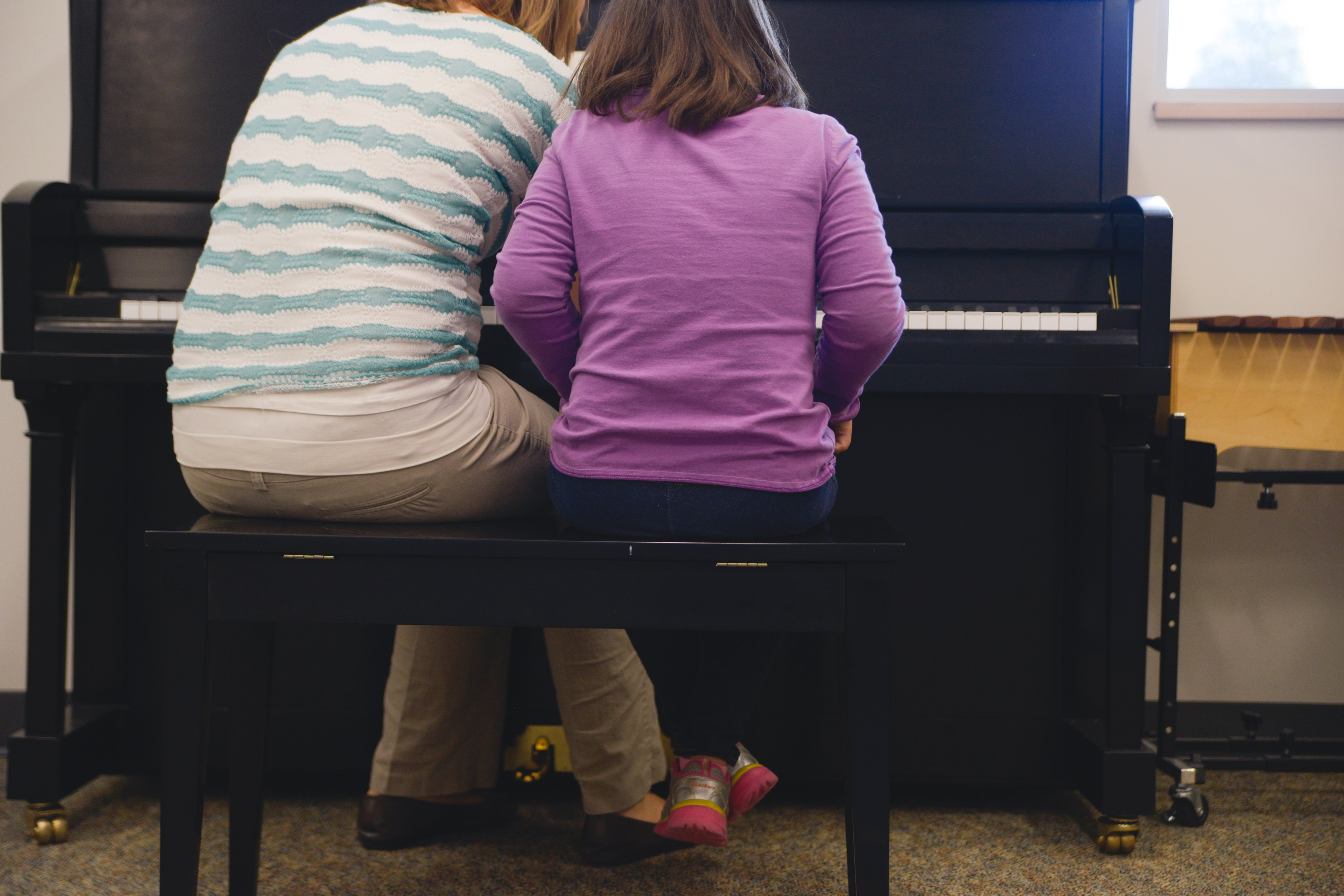Music Therapy Success Stories: 9 Year Old with Autism Communicates Emotions
Music Therapy success stories are an everyday experience for us, but we realize that most people are not aware of the impact music therapy has on the lives of so many kids with Autism. So we’re sharing this one with you.
Last year I was approached about working with a nine year old client whose primary diagnosis was autism. Liza came from a Spanish speaking family, but had difficulty communicating in Spanish or English. She would often become frustrated and throw tantrums because she had no way to communicate or express her emotions…but she LOVED music.
When she first came to music therapy, Liza was shy and had a hard time speaking, which limited the amount she could converse with me. After a lot of encouragement from her mom she said “hi” “bye” “I don’t know” and “thank you”. Those four words were the only words she exchanged during the first couple months of treatment….but she could sing.
Each session, Liza would pull up a playlist on her phone and scroll through the list of twenty of her favorite songs. She’d find a song she wanted to sing, point to it, and I would begin to accompany her on the guitar. At first, I had to encourage her to sing by having her complete the phrase.
“This is my fight song, take back my life……..”
“song”, she would reply.
Her words were mumbled, under her breath, eyes looking away from me..but she was singing. As the sessions continued, Liza began to sing full phrases. As time went on, she began singing full choruses and then went onto singing full songs all by herself. She was communicating a variety of ideas, themes, and emotions in full sentences….all through song.
After 15 months of music therapy sessions, Liza is now creating her own original songs. She has learned how to use music to communicate her emotions. Liza is now able to recall, imitate, and express complete thoughts when singing. Although her language skills are still developing, music therapy has given her a way to express herself, develop confidence, and give her a voice.
Although Liza did not communicate verbally at the beginning of music therapy treatment, the music provided a safe and familiar environment to express her inner emotions, connect with others, and tell her story.
And it has made all the difference.
–Cassie Bringhurst, SCMT, MT-BC

